In the autumn of 2022, Linköping University will host a unique and ambitious visiting scholar programme: the ELLIIT Focus Period.
International researchers, researchers from ELLIIT’s partner universities and other renowned international scholars will gather in Linköping to tackle joint research challenges together.
The ELLIIT Focus Period is organised within the framework of ELLIIT, and is a new venture, whose aim is to initiate collaboration between leading international researchers and to inspire young researchers in ELLIIT through personal contact with international researchers. Some twenty visiting scholars will attend the focus period to work with researchers at the Department of Computer and Information Science (IDA), the Department of Electrical Engineering (ISY), and the Department of Mathematics (MAI) at Linköping University. Ranging from doctoral students to professors, most of the visiting scholars are international researchers mainly from North America and Europe.
Traditionally, a lot of research has been put into producing analytical models of how things work as well as into creating models through machine learning directly from data. Data-driven machine learning methods have been very successful over the past ten to fifteen years. One of the key issues today is how to combine these methods to benefit from both knowledge-based analytical models and data-based empirical models. Therefore, a current trend in artificial intelligence (AI) and machine learning is how to combine these two approaches in an efficient manner. This is known as hybrid AI, i.e. an interdisciplinary mix of data-driven and model-based methods. Hybrid AI is the theme for the five-week focus period that will run from 18 October to 18 November.
The highlight of the focus period will be a workshop in late October – early November held at Scandic Frimurarehotellet and featuring speeches by international top researchers. In addition to interesting presentations, the workshop also offers a platform for discussions and scientific conversations between the guest speakers, visiting scholars and researchers at LiU and at ELLIIT’s partner universities.
“It is hoped that we will not only find out about the latest research in this area, but also identify exciting new research areas and collaborations. By gathering the most exciting researchers in this field, and giving them free hands to present their latest ideas, we hope to stimulate innovation in this field,” says Professor Fredrik Heintz at the Department of Computer and Information Science.

Fredrik Heintz. Photo: Anna Nilsen, LiU
He is in charge of the scientific content of the focus period, together with Professor Anders Hansson at the Department of Electrical Engineering and Associate Professor Elina Rönnberg at the Department of Mathematics.
All visiting scholars will also give presentations on Campus Valla on weekdays at 10.15-12.00, in the Ada Lovelace room in the B Building. The presentations are open to university employees and students, and to the public. The first presentations in the series will be given by two visiting doctoral students from Université de Montréal and RWTH Aachen University.
A detailed workshop program can be found here.
A detailed seminar series program can be found here.
Text:
Sara Läthén, Linköping University
This article was originally published at:
https://liu.se/en/article/elliit-workshop-hybrid-ai
A selection on photos from the workshop
More photos can be found here.
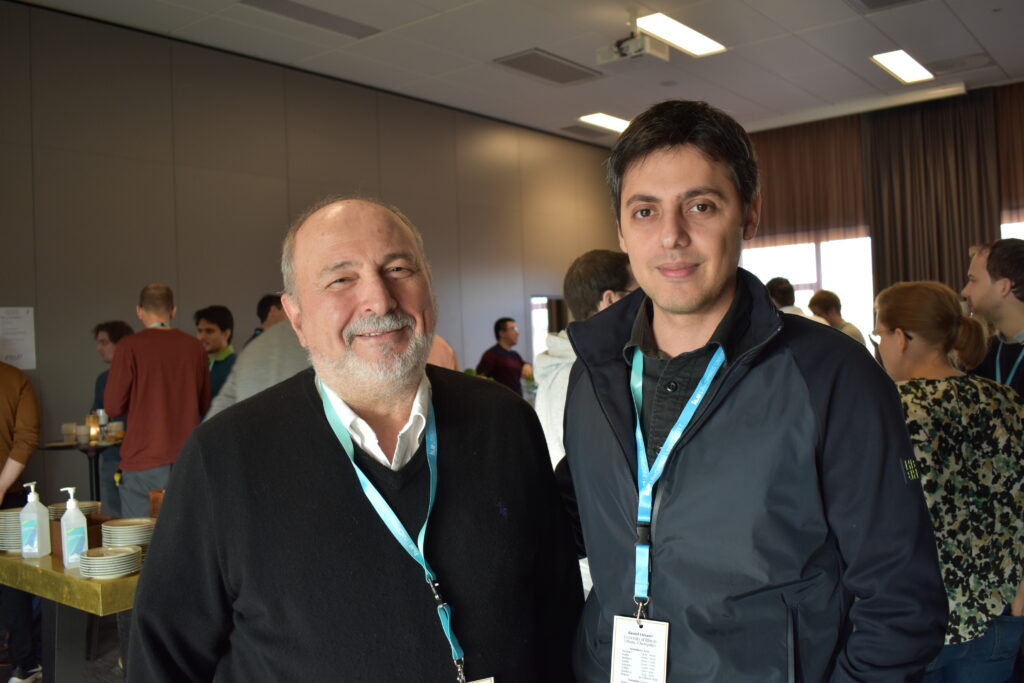
Invited Speaker Panos M Pardalos from University of Florida and Visiting Scholar Rasoul Etesami from University of Illinois Urbana-Champaign.
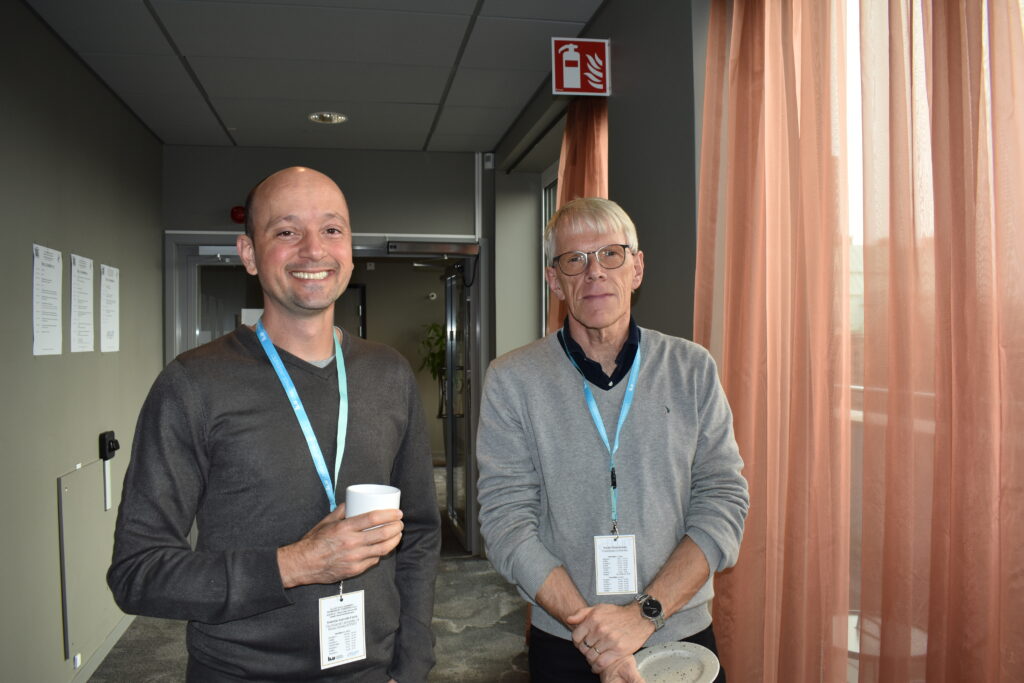
Visiting Scholar Marcelo Azevedo Costa from UFMG Brazin and LiU Professor Svante Gunnarsson.
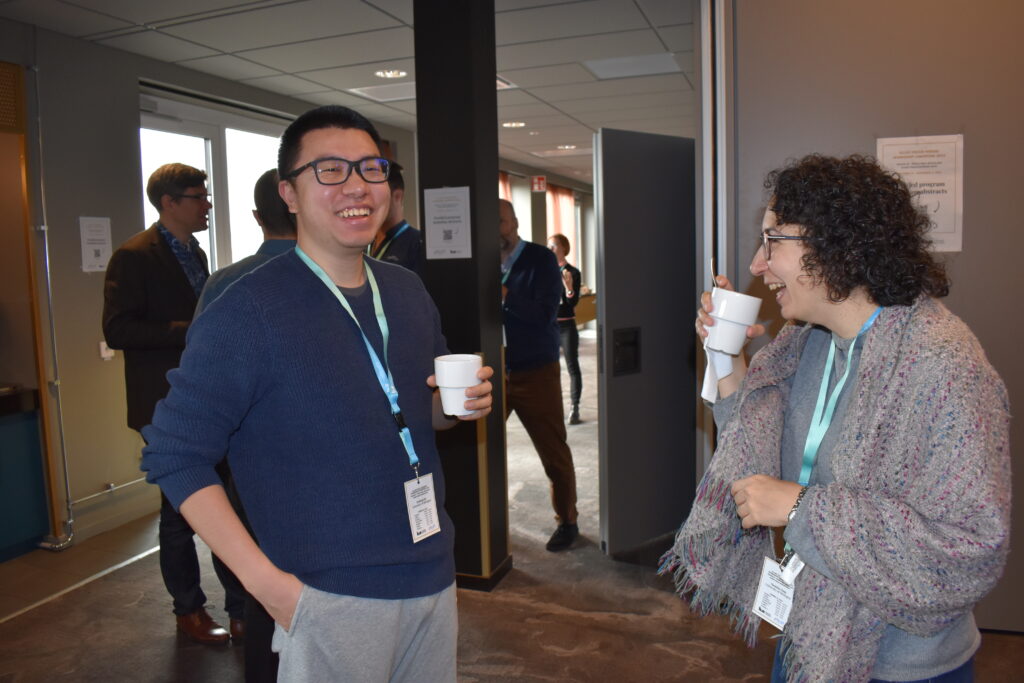
Visiting Scholar Zexiang Liu and invited speaker Necmiye Ozay, both from University of Michigan.
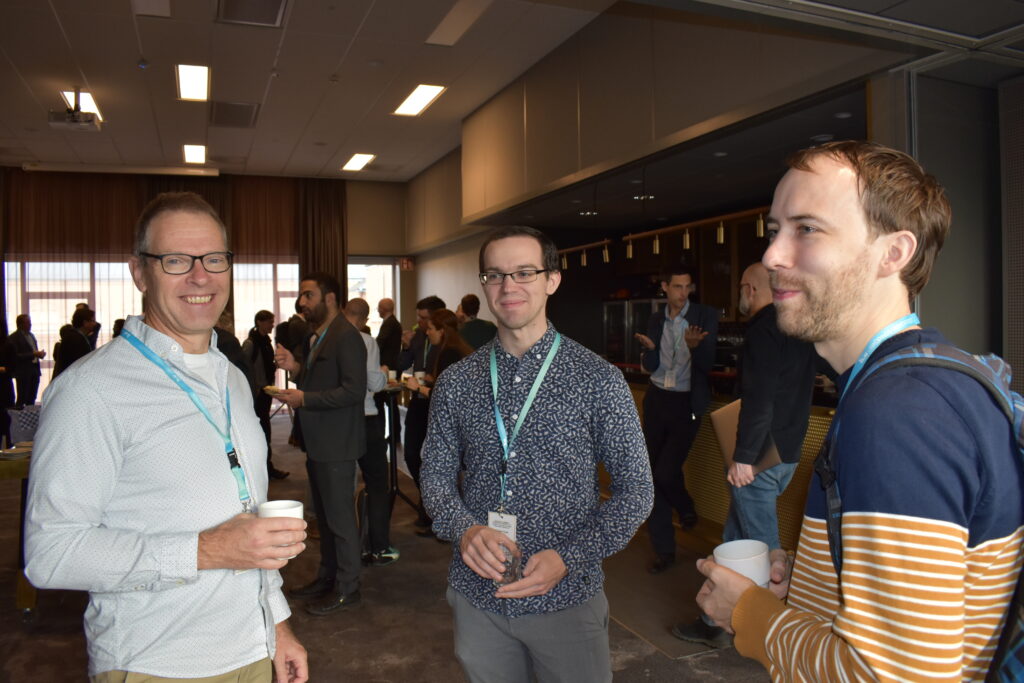
Visting Scholars Günter Raidl (also invited as speaker), Johannes Varga and Herke van Hoof.
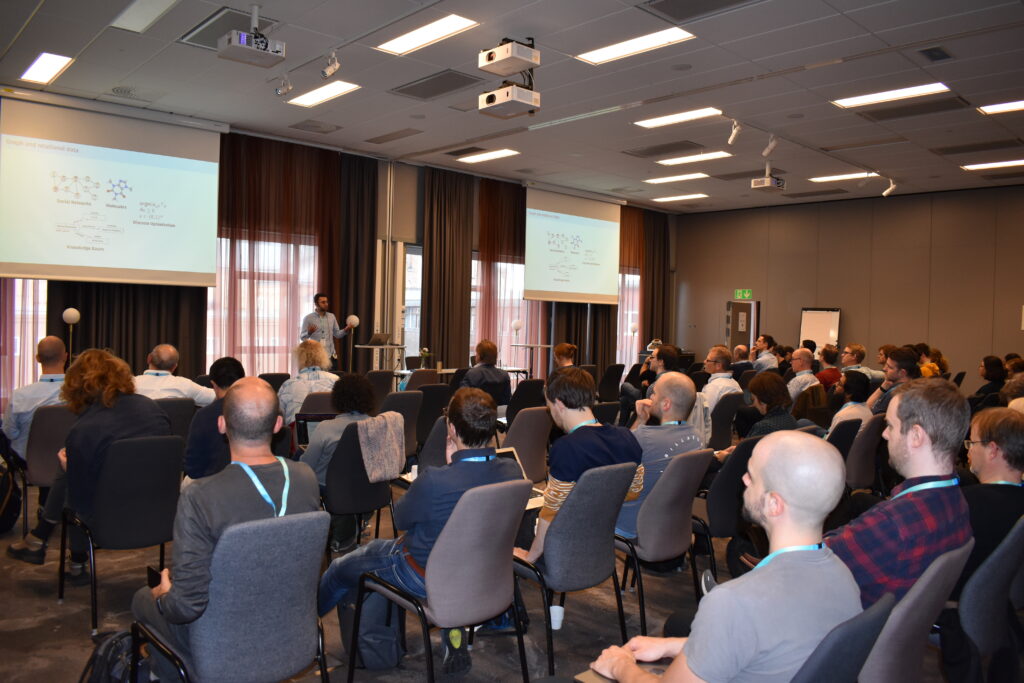
Christopher Morris from RWTH Aachen University giving a talk on Graph Neural Networks for Data-driven Optimization.
